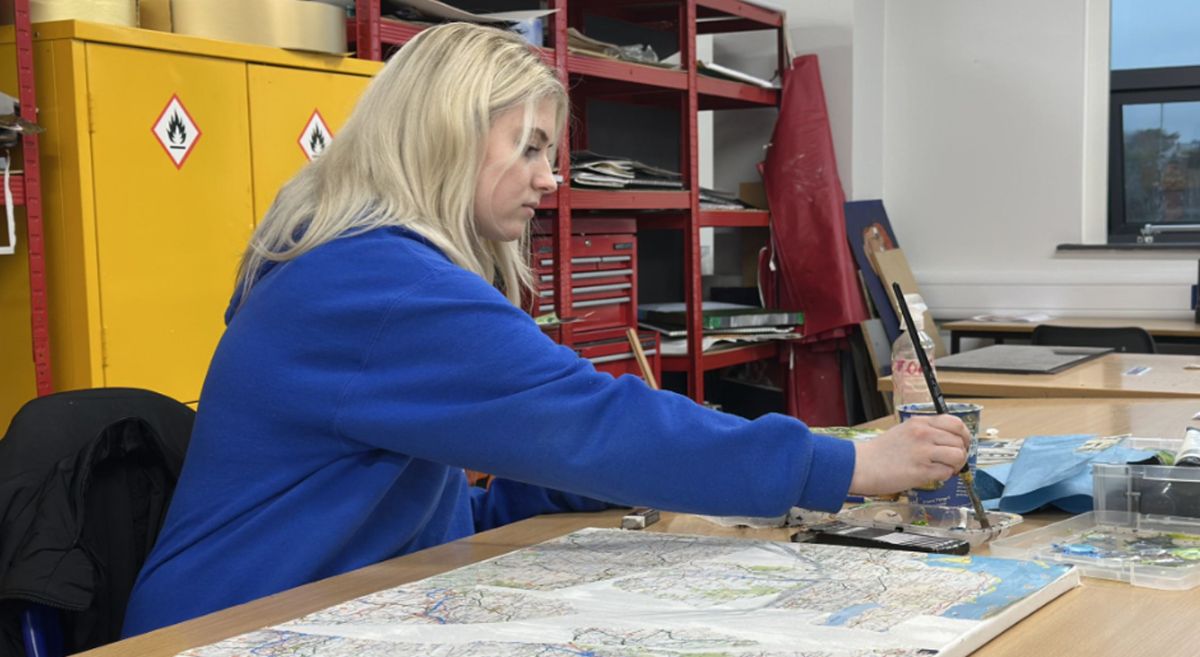World Mental Health Day- Staff Information
0 min read
10 October 2019

Mental health problems can affect everyone, any day of the year, but the 10th October is a great opportunity to show your support for better mental health and to start looking after your own. On this day, organisations around the world will show their support for better mental health, helping to raise awareness and ensuring their employees have access to mental health information.
The theme of this year’s event is Suicide Prevention as 1 in 5 adults experience suicidal feelings at some point in their lives, so self-care is very important.
Change your Mind campaign through Inspire Wellbeing, highlights the importance of listening and encouraging people to develop their active listening skills.
Opening up and talking about our concerns and feelings will often have a therapeutic effect. Many of us prefer not to talk about what’s bothering us; however, reaching out, either to share our own problems or act as a sounding board for others in need of help, is a valuable, simple way of easing worries and break the stigma attached to talking about mental health. Every situation is different, and there are no definitive answers. It can be as simple as getting them to talk about what’s happening and listening to their problems and worries. It is important that we look out for one another.
The ability to listen, to take in and digest what we’re hearing, is a crucial tool when it comes to offering support. Listening effectively is something many of us can develop in order to benefit ourselves and those with whom we interact.
The art of active listening is based on the three Rs: Repeat, Reflect, Respond:
Repeat: Repeating the things we’ve been told demonstrates, at the very least, that we’re attuned to what we’re hearing. It helps to show that we’ve understood, and we can better do this by summarising the other person’s statements or repeating a word or phrase, prompting them to go on, safe in the knowledge that we are engaged listeners.
Reflect: We can maintain the conversation by reflecting on what we’ve heard, offering some basic insights into the other person’s experiences. A question like “So, you’re feeling hurt by the situation, but you still enjoy working there?” allows us to delve deeper and provide more support. If people gloss over important details, we can try asking “Why not tell me more about that?” Either approach helps us clarify things for everyone involved.
Respond: Don’t feel obliged to remain impassive. Responding to what we’re being told displays our interest; it signals to people that their issues are worthwhile. “That must have been terrible” or “I’m sorry to hear you’ve had an awful time” are straightforward, supportive statements, although, sometimes, silence can also be fine. Concentrate on non-verbal responses. Nodding our heads, maintaining direct eye contact and staying quiet while the other person talks; all are cues that indicate our attention.
What you say shouldn’t influence what the other person has to say. It just encourages them to talk. Let the person express their feelings and listen carefully to what they have to say. Listen without judgement and let them know you are there to help.
Support Services offered for staff in the College:
1. Inspire Wellbeing
SERC Employee Assistance Programme is supported by Inspire Workplaces.
SERC employees have access to a 24-hour telephone support line, number 0808 800 0002. The helpline provides access to professional counsellors able to support any problem and if you need support beyond the phone call, with further discussion on your concern. Inspire Wellbeing can provide more in-depth support with a designated counsellor, for financial or legal advice.
Email - support@inspireworkplaces.org
2. Mental Health First Aiders
9 Mental Health First Aiders are available on Campuses for staff.
If someone is experiencing a mental health issue or emotional distress. They can give you initial support and signpost you the appropriate help if required.
List of mental Health First Aiders Click here
Page Tags
SERCLatest News
Keep up with the latest from SERC



